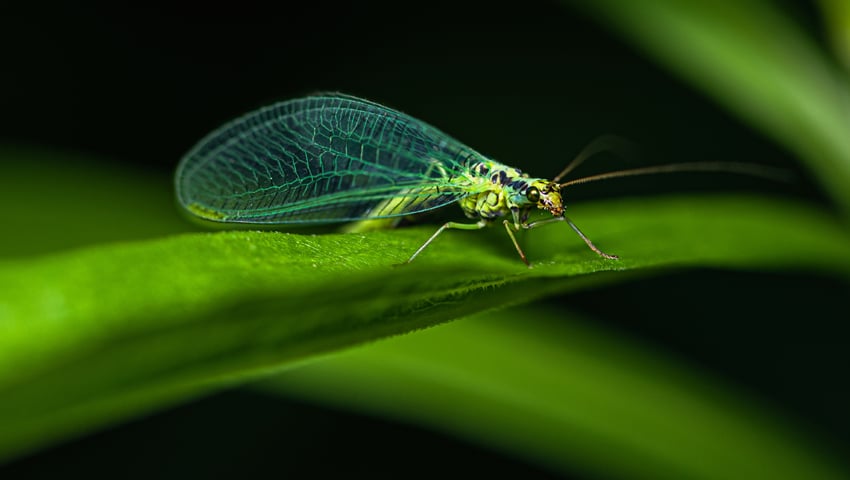In the face of a rapidly changing climate and significant biodiversity loss, farms can take a holistic approach to pest management by reducing the application of plant protection products and adopting practices that help build healthy, diverse farming ecosystems.
To help farmers, The Nature Friendly Farming Network has launched its practical guide to integrated pest management.
An NFFN spokesperson said, “An effective whole-farm integrated pest management strategy aims to reduce the reliance on plant protection products and, in turn, reduce the likelihood of pests developing resistance to active ingredients. Reliance on plant protection products also undermines a farm’s ecosystem, lessens its resilience to weeds, pests and diseases and eradicates the beneficial species we rely on for effective pest control. Some simple steps can be taken to mitigate the reliance on chemical control, all whilst producing quality, nutrient-dense food and rearing healthy livestock.”
The NFFN Practical Guide to Integrated Pest Management includes a step by step guide to help farmers working in a broad range of nature-friendly farming systems.
In particular the guide covers:
- Cropping plan and the value of a defined market requirement for crops and livestock.
- Rotation to alleviate compaction, build resilience, increase soil biology and reduce pests and diseases.
- Varietal and breed selection based on geographical suitability, plant architecture and pest and disease resistance.
- Cultivation to avoid periods of high pest and disease pressure while enabling stale seed beds
- Intercropping and beetle banks to maximise beneficial insects, pollinators and birds.
- Soil and nutrition monitoring and forecasting to ensure strong plants and animals that can build natural resilience to pests and disease.
- Cultural controls to improve natural predation and over-winter kill.
- Biological controls and the introduction of specific natural enemies or products from naturally derived origins, such as microorganisms, bacteria, pheromones or minerals.
- Chemical use to reduce pesticide resistance.
Read the complete NFFN Practical Guide to Integrated Pest Management
